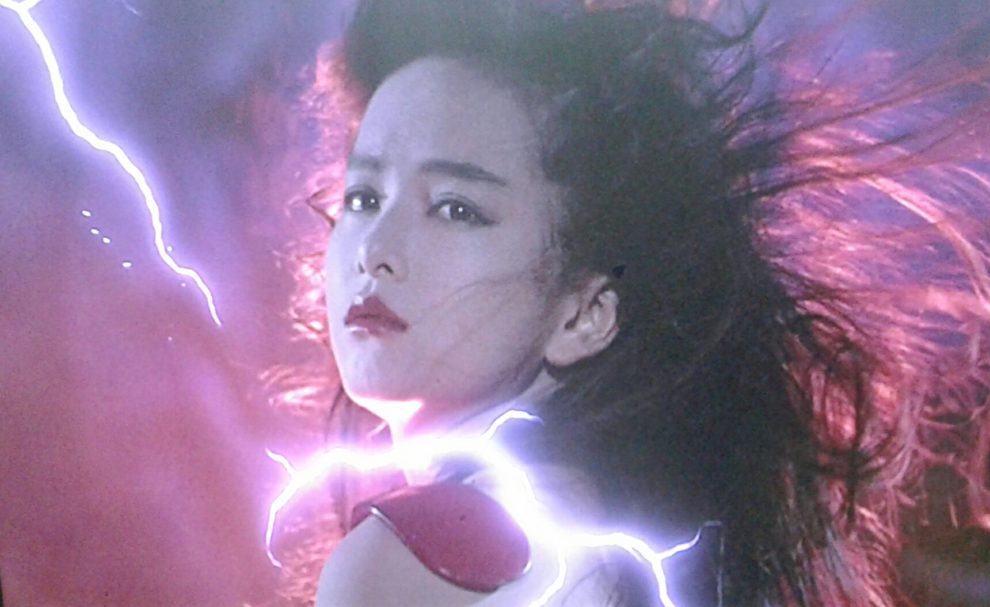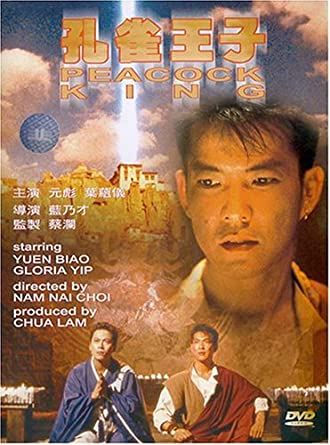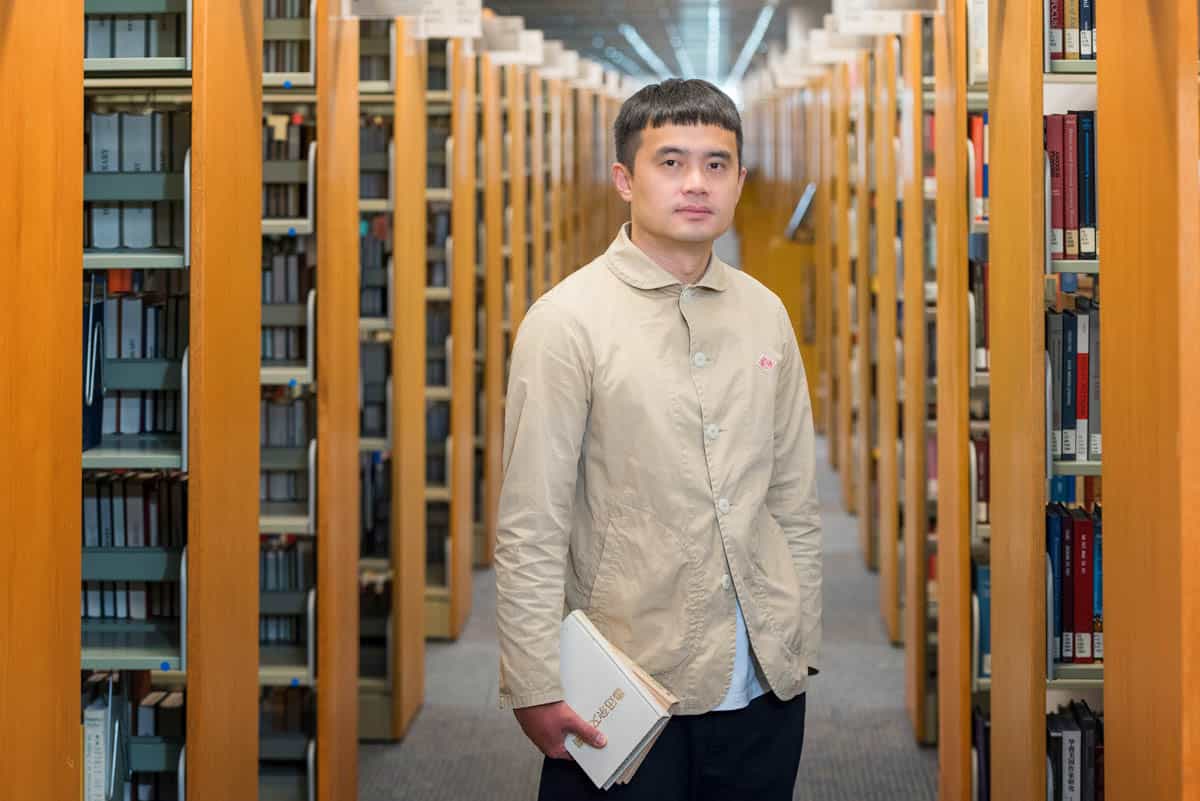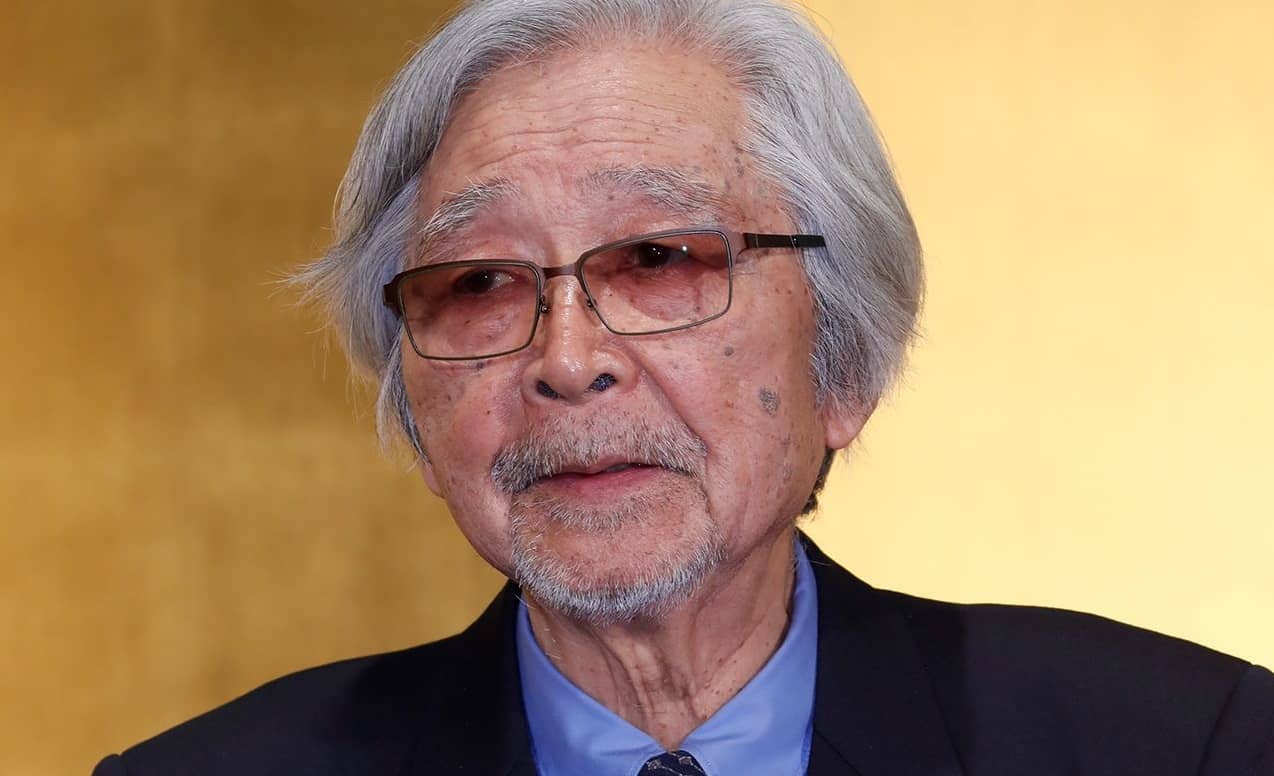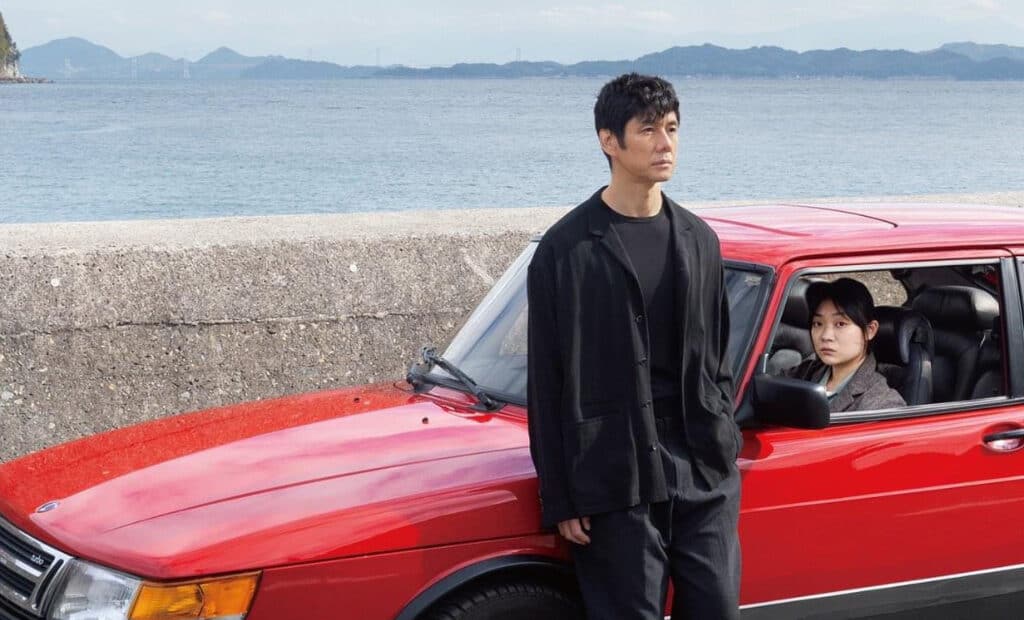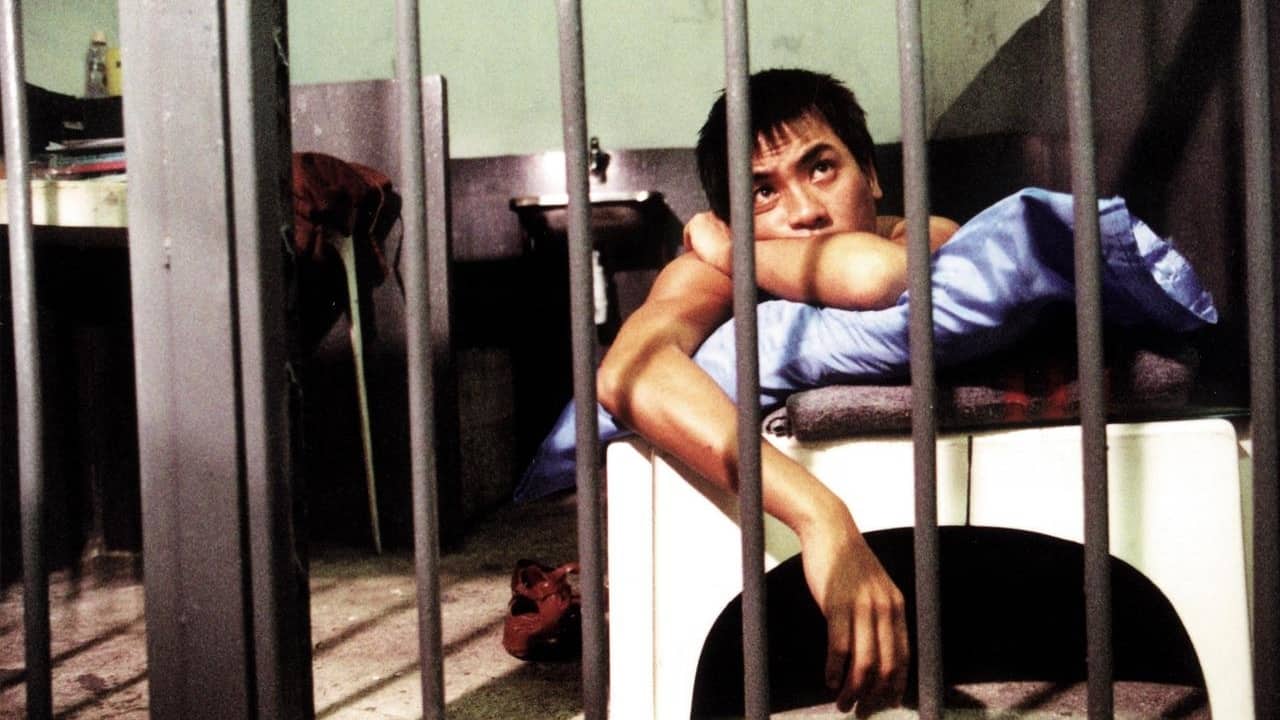The career of Yuen Biao is a curious one. One of the more recognizable names of the golden era of Hong Kong cinema, yet on the surface never reaching the heights of his counterparts Jackie Chan and Sammo Hung. His most immediately recognisable roles are those where featured alongside the other two. Yet he did carve out a solid solo career and during the late 80's found a niche in fantasy movies. In 1988 he appeared in two adaptations of the Japanese manga “Peacock King”. The initial one reviewed here and its sequel “Saga of the Phoenix”.
Buy This Title
Ashura (Gloria Yip), the daughter of the Hell King is awoken from her slumber by one of his minions Raga (Pauline Wong) as she holds the key to his imprisonment. Peacock (Yuen Biao) is sent to Toyko by his master (Eddie Ko) to try and prevent the opening of the Hell gate there. The location is a superstore where an exhibition is being set up by Okada (Yasuda Narumi). The exhibits come to life and attack her staff and it is only through Peacock and the arrival of the Japanese monk Lucky Fruit (Mikami Hiroshi) that the monsters are destroyed. Realising they are on a similar mission, they team up to try and and rescue Ashura from her fate as they learn she is not evil and has a kind heart. With the arrival of Hell King looming and Kubira (Gordon Liu), a rival sect member, adding complications, a final battle must take place if humanity is to survive.
The special effects by the standards of the time are by and large impressive and on a par with anything Tsui Hark's Film Workshop would create. For those brought up in an era of advanced CGI, the creature effects will look a little corny and dated so enjoyment will depend on how you consider them. As a person who loves stop motion animation and regards Ray Harryhausen as a genius, I shall admit to a slight bias here. But as I said in comparison to its peers, it holds up well. The Tsui Hark produced manga adaptation “Wicked City” released around the same time is no better/worse in its visual effects. I loved the inventiveness and in particular the dinosaur sequence and Raga's transformation. The finale is really atmospheric and lives up to the build of the arrival of Hell King that has been set up for the duration.

The characters of Peacock and Lucky Fruit are very much representations of their respective backgrounds. Peacock is a typical Hong Kong persona despite being a monk. Commercially minded, selling his services for exorcism of demons, he is a true capitalist. Lucky Fruit is a more serious minded character and the two make for an engagingly odd couple pairing. Yuen Biao has the shower part and is clearly enjoying himself whilst Mikami Hiroshi plays the straight man opposite. Okada, whilst energetically portrayed by Yasuda Narumi, feels a bit out of place. I will confess to not having read the original manga but just feels that she is tacked into the narrative to provide a female role as doesn't really add anything. There is no reason for her to join the quest and just decides to do so! The more sympathetic female character is actually Ashura, who's caring personality is at odds with her birth right as Hell King's daughter. A special note must be made to Pauline Wong as the wild haired Raga. It's an over the top performance that fits into the story and she doesn't hold back. If anything, “Peacock King” loses a little impetuous once she departs.
The narrative is a straightforward one that allows for a fast pace, as the action moves swiftly across the locations. Whilst fairly comprehensible, it does feel as if something is missing in terms of content. The running time is relatively short even by Hong Kong movie standards, with just 85 minutes and it does make you question whether the creator's assumed that the target audience would be familiar with the original story. Don't worry if you haven't read it (I've not), but maybe it might help in terms of depth.
Yuen Biao had, at the time, a big following in Japan and these co-productions made sense to make the most of it. Whilst he gets the odd moment to show his agility, for the most part we get wire-fu led action choreography alongside the special effects. Again this is a standard element of these more fantastical features, so is not it's detriment. What I did pick up on was some familiarity in style to “Zu Warriors”. Be it intentional or not, the finale especially brings back memories with Yuen Biao as lead in both.
This is a really entertaining piece of pulp manga in motion. It crams a lot into its running time and never allows the pace to slow for too long. If you are expecting state of the art special effects then you may need to review your expectations. Yet if you are after an enjoyable fantasy feature with no pretention, then you will have a blast.


